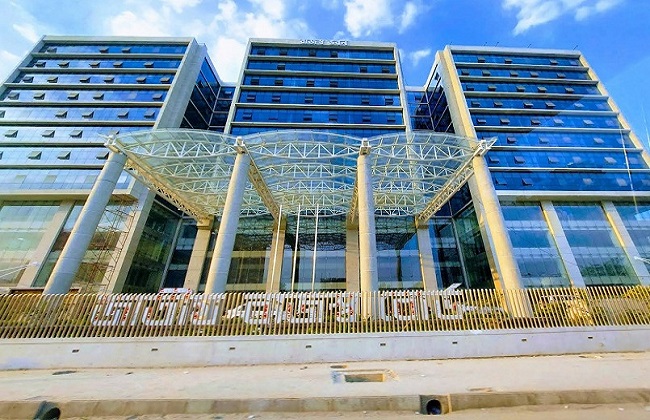
The government has increased Value Added Tax (VAT) and supplementary duties on over a hundred goods and services midway through the current 2024–25 fiscal year.
Two ordinances related to these changes were issued on Thursday night. These are the Value Added Tax and Supplementary Duty (Amendment) Ordinance 2025 and the Excise and Salt (Amendment) Ordinance 2025.
Following their issuance, the VAT division of the National Board of Revenue (NBR) released directives, making the changes effective immediately.
As a result, the costs of these goods and services will rise, likely increasing the daily living expenses of ordinary people.
For example, the rise in supplementary duty on mobile phone services will lead to higher costs for calls and internet usage.
Similarly, clothing prices might increase, as will the cost of dining out at restaurants.
Additionally, the price hike will affect products like sweets, medicines, LPG, fruit juices, drinks, biscuits, eyeglass frames, cigarettes, and various other items.
Previously, a 20% supplementary duty was imposed on the use of mobile SIM or RIM cards.
This has now been raised to 23%, which will increase the costs of mobile calls and internet usage.
The VAT on bills from branded clothing outlets and malls has been increased from 7.5% to 15%. Similarly, VAT on all types of restaurants has been raised from 5% to 15%.
The list of items subject to higher duties includes tissue paper, cigarettes, nuts, mangoes, oranges, grapes, apples, pears, fruit juices, any type of fresh fruit, paint, detergent, alcohol bills, potato flakes, plastic and metal eyeglass frames, reading glasses, sunglasses, electrical transformers and the oil used in them, electricity poles, CR coils, and GI wires. Additionally, travel taxes have also been increased.
On January 1, the current interim government’s advisory council approved NBR’s proposal to increase VAT and supplementary duties.
After receiving opinions from the Ministry of Law, the Chief Advisor and President approved the measures, which were then issued as ordinances.
In the absence of a national parliament, the government decided to implement these tax and duty increases through ordinances.
Reportedly, this decision was made as part of the conditions for securing loans from the International Monetary Fund (IMF).
